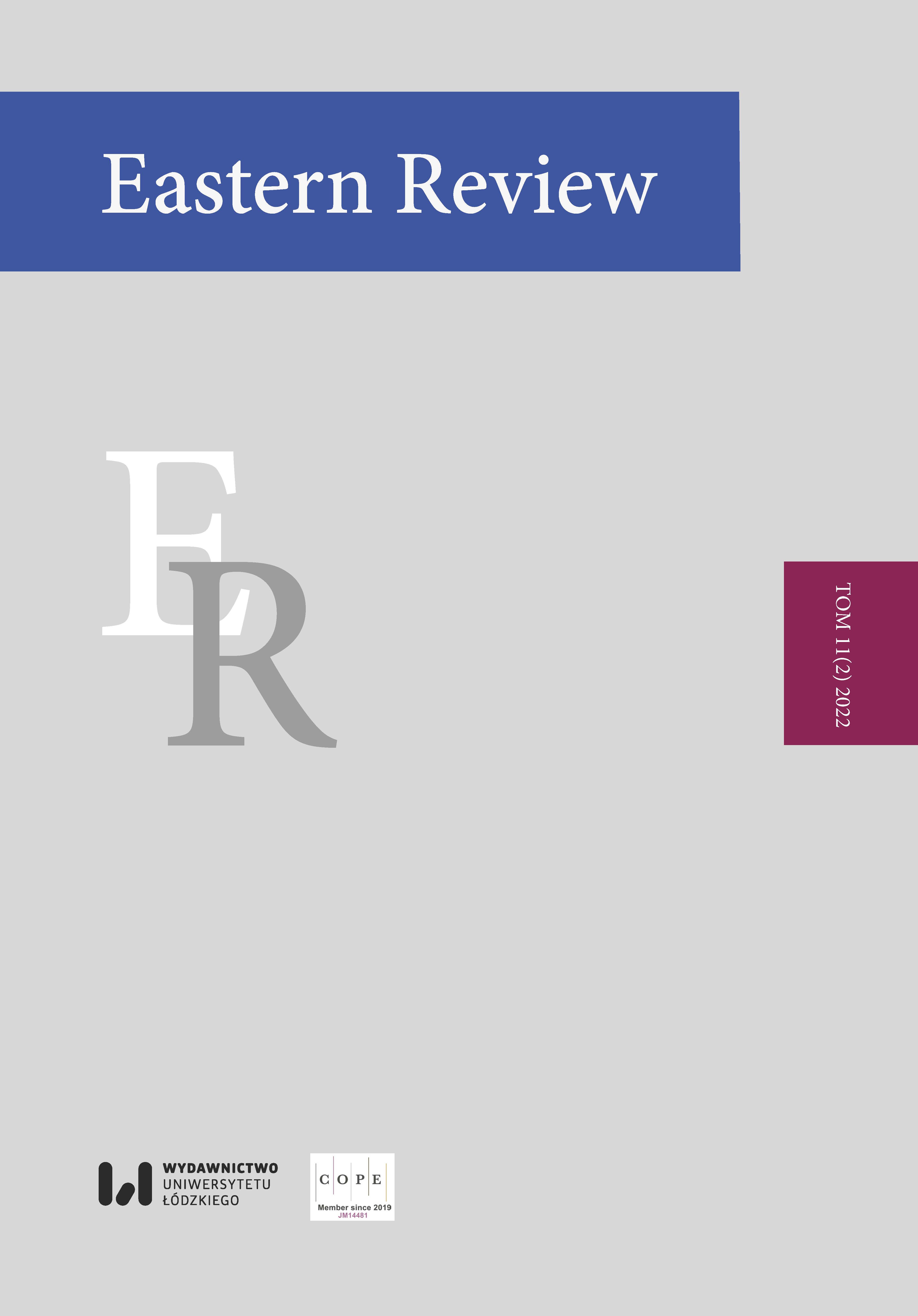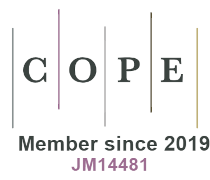Effective management in modern political parties and campaigns. The application analysis of political management concept in Poland
DOI:
https://doi.org/10.18778/1427-9657.11.20Keywords:
Political campaigning, election staff, political marketing, political organization managementAbstract
Effective management is the key point of each organization’s wellfunctioning, political parties likewise. This article is an attempt to present the importance of the management in politics with particular emphasis on managing the political parties. Essential data for reaching the goal has been taken from literature analysis as well as market observation performed by the author with special attention of international research and Polish marketplace background. Research problem is complemented by comparative analysis of presented concept and polish practice which offers the local conditions identification and good practice recognition it the process of gaining the competitive advantage. An additional value of the text is the pointing out of the fundamental differences and similarities in the area of management between the political and commercial organization.
References
Adamik, A., Matejun, M. 2012. Organizacja i jej miejsce w otoczeniu, In: A. Zakrzewska-Bielawska (ed.). Podstawy zarządzania. Warszawa: Wolters Kluwer, p. 44.
Google Scholar
Bolleyer, N. 2011. New party organization in Western Europe. Party hierarches, stratarchies and federations. Party Politics 18, p. 319. https://doi.org/10.1177/1354068810382939
Google Scholar
DOI: https://doi.org/10.1177/1354068810382939
Burton, M. Shea, D. 2010. Campaign craft; the strategies, tactics and art of political campaign management. Westport: Praeger Publishers.
Google Scholar
Das, U., Mishra, A. 2019. Management Concepts and Practices, https://ddceutkal.ac.in/Syllabus/Management-Concepts-Practices.pdf (accessed 22.08.2022).
Google Scholar
Dąbrowska, A. 2015. Sztaby z żelaza. Polityka 27.
Google Scholar
Durga, K. 2017. Intoduction, meaning and importance of management, http://anucde.info/bba1a.pdf (accessed 22.08.2022).
Google Scholar
Fawcett, P., Oonagh, G. 2010. The United Kingdom. In: C. Eichbaum, R. Shaw (eds.). Partisan appointees and public servants: an international analysis of the role of the political adviser. Northampton: Edward Elgar Publishing, p. 37. https://doi.org/10.4337/9781849803298.00007
Google Scholar
DOI: https://doi.org/10.4337/9781849803298.00007
Hochschild, T., Wallace M. 2011. Three’s a crowd? The Nader vote in the 2000 presidential election in US metropoli-tan areas. Social Science Journal 48, p. 576. https://doi.org/10.1016/j.soscij.2011.03.006
Google Scholar
DOI: https://doi.org/10.1016/j.soscij.2011.03.006
Hunter, P. 2003. Using focus groups. A caution. In: R.A. Faucheux (ed.) Winning elections. Political campaign management, strategy and tactics. Plymouth: M. Evans & Company, p. 191.
Google Scholar
Jakubiec, M. 2019. The Importance of internal communication for management of the organization. Organization and Management Series 134, p. 51. https://doi.org/10.29119/1641-3466.2019.134.4
Google Scholar
DOI: https://doi.org/10.29119/1641-3466.2019.134.4
Jennings, W. 2013. Governing the gams: high politics, risk and mega events. Political Studies Review 11, p. 6. https://doi.org/10.1111/1478-9302.12002
Google Scholar
DOI: https://doi.org/10.1111/1478-9302.12002
Johnson, J. 2012. Political consultants and campaigns. One day to sell. Boulder: Westview Press.
Google Scholar
Lees-Marshment, J. 2020. Political management. London: Routledge. https://doi.org/10.4324/9781003030515
Google Scholar
DOI: https://doi.org/10.4324/9781003030515
Linde, J. 2003. A campaign manager’s guide to success: 10 winning tips. In: R.A. Faucheux (ed.). Winning elections. Political campaign management, strategy and tactics.Plymouth: M. Evans & Company, p. 314.
Google Scholar
McNamara, M. 2012. The political campaign desk reference. Denver: Outskirts Press.
Google Scholar
Maisel, L., Stone, W. 2014. Candidate emergence revisited: the lingering effects of recruitment, ambition and successful prospect among house candidates. Political Science Quarterly 129, p. 434. https://doi.org/10.1002/polq.12217
Google Scholar
DOI: https://doi.org/10.1002/polq.12217
Mihelčič, M. 2012. An extension of Lipovec’s definition of organization and the most relevant goal-oriented relationships. Dynamic Relationships Management Journal 5, p. 27. https://doi.org/10.17708/DRMJ.2012.v01n01a02
Google Scholar
DOI: https://doi.org/10.17708/DRMJ.2012.v01n01a02
Raczyńska, M., Krukowski, K. 2020. Zarządzanie w administracji publicznej. Od idealnej biurokracji do zarządzania procesowego. Kraków: Wydawnictwo Uniwersytetu Jagiellońskiego.
Google Scholar
Walcott, C. Warshaw, S. Wayne, S. 2001. The Chief of Staff. Presidential Studies Quarterly 31, p. 472. https://doi.org/10.1111/j.0360-4918.2001.00182.x
Google Scholar
DOI: https://doi.org/10.1111/j.0000-0000.2001.00182.x
Webb, C., Mockus, J. 2003. Volunteer recruitment. In: R.A. Faucheux (ed.). Winning elections. Political campaign management, strategy and tactics. Plymouth: M. Evans & Company, p. 527.
Google Scholar
What is meant by management, https://www.whatishumanresource.com/what-is-management (accessed 21.08.2020).
Google Scholar
Published
Versions
- 2024-02-07 (2)
- 2023-12-30 (1)
How to Cite
Issue
Section
License

This work is licensed under a Creative Commons Attribution-NonCommercial-NoDerivatives 4.0 International License.










